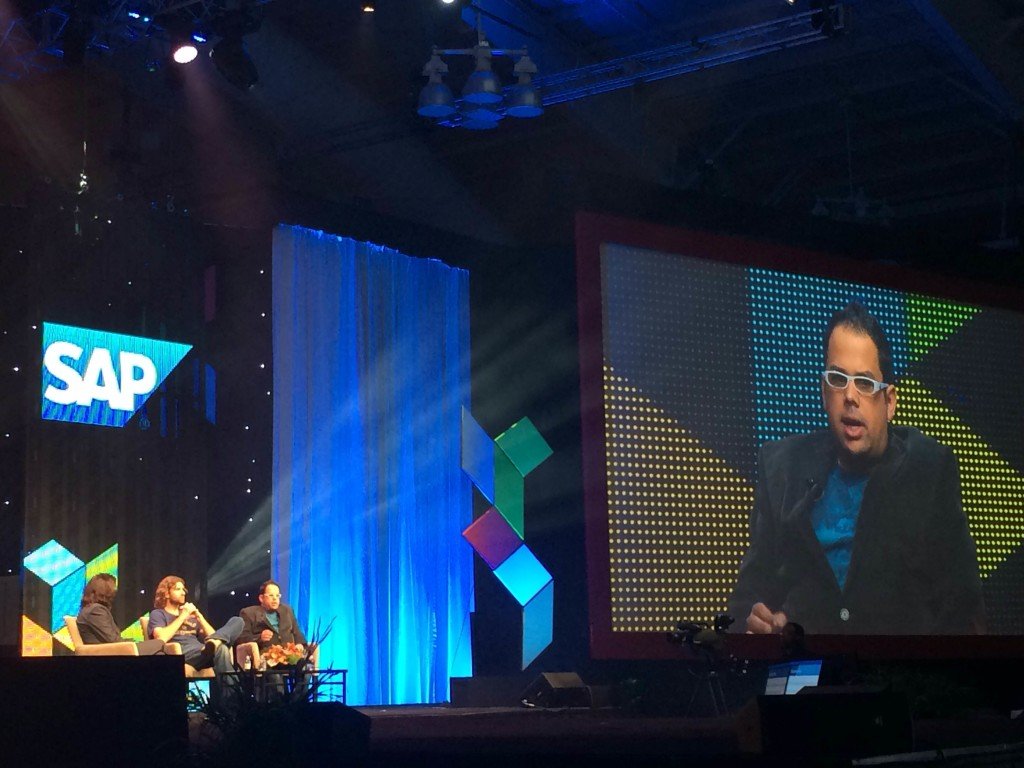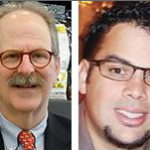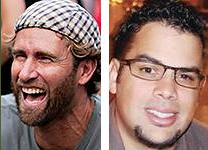Contents
- VW Beetle Quick Stats
- VW Beetle Profile Summary
- Images of VW Beetle Brand Lovers
- VW Beetle Timeline
- Videos created by VW Beetle Brand Lover
- Presentations about VW Beetle as a Brand
- Articles related to VW Beetle
| Certified Cult Brand | ||||
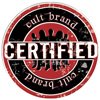 | We have tracked businesses with unprecedented brand loyalty since 2001. A Certified Cult Brand is a designation we hold for brands that fulfill specific market criteria, including upholding the Seven Rules of Cult Brands. | |||
VW Beetle Quick Stats
Dr. Ferdinand Porsche (1875-1951) was the creator of the bettle
With over 21 million manufactured, the Beetle is the longest-running and most-manufactured automobile of a single design platform anywhere in the world.
Henry Ford considers buying VW, but then declined; 24 years later, Beetle would out-sell Ford Model T.
With its sealed floor pans and body, the Beetle could indeed stay afloat for several minutes, as was advertised in the Sixties.
The VW Beetle Herbie has starred in six movies.
VW Beetle Cult Brand Summary
Today the Beetle is regarded as arguably the best-selling car of all time, but back in 1948 it was unknown in the U.S., and many sales types believed no one would ever buy, partly because of its association with Nazi Germany–being dubbed “the people’s car” by Adolph Hitler–still fresh in the public’s mind.
Despite initial failures at introducing the Beetle into America, Volkswagen remained undeterred. They brought twenty Beetles to the U.S. to a private showing in New York City and then to the First U.S. International Trade Fair in Chicago. It wasn’t an overnight success, but it started to get attention from the press and generated word-of-mouth buzz.
Given the opportunity to actually see and drive a Beetle, a significant chunk of the American public soon found themselves in love with the reliable and affordable little, German car. Virtually everything about the Beetle’s design screamed it was a car like no other: its air-cooled engine was mounted in the back, not the front, like every other domestic gas guzzler of the period, a configuration that made it more adept than any U.S.-made car of the time for safe driving in rain, sleet, and snow; it’s exterior design was unique, with its egg-shaped body standing in sharp contrast to the large and sleek, chrome-covered domestic behemoths of the period. The Beetle’s appearance oozed a curious combination of personality and practicality, which quickly helped build strong affection for it among its owners.
In addition to developing a unique design (the look), Volkswagen focused on developing a unique marketing message (the say and the feel) for the Beetle. In contrast to the advertising of the Detroit automakers of the 1950s and 1960s, which was full of slick copy and boastful claims, Volkswagen’s ads for the Beetle were frank, direct, and honest. Some of the more memorable early print ads included “Think small,” “Some shapes are hard to improve on,” and the cult-branding clincher, “Do you earn too much to afford one?”
The combination of unique design elements and honest advertising became a killer combination. By the early 1960s, the Beetle became a magnet for legions of Americans who saw themselves as being different. As Bug Talesauthor Paul Klebahn summed up: “The Beetle tended to appeal to freethinkers. This was the thinking person’s car. Instead of saying, look how much I paid for my car, it was look how much I didn’t pay!”
When Volkswagen launched the New Beetle in 1998, they made a conscious decision not to show any drivers in its ads. They wanted their funky-shaped and lovable car to be the center of attention, not an actor or actress. “In the New Beetle’s initial advertising, we never included people in the ads because we didn’t want a person to say, ‘Oh, that’s who drives a Beetle,'” explained Steve Keys, Director of Corporate Communications. “We wanted you to be able to say, ‘I can see myself in that car.'”
It was a good move: everyone from teenagers buying their first car to aging baby boomers hoping to recapture their youth purchased the car. Volkswagen benefited from not shrinking its potential audience of buyers: No one had trouble seeing themselves behind the wheel of a New Beetle.
VW Beetle Timeline
Timeline provided by: http://www.cqql.net/vw.htm
1933 – Dr. Ferdinand Porsche (1875-1951) draws first sketches of a simple little car that even the most common of citizens could own and enjoy on the autobahns.
1934 – Adolf Hitler commissions Porsche to develop the KdF-Wagen (“Kraft durch Freude” or “Strength through joy”), forerunner of what we know today as the Beetle.
1936 – At Berlin Auto Show, Hitler announces that Porsche will design “the People’s Car;” Porsche promises Hitler he will produce three prototypes by year’s end.
1937 – First road test on prototypes
1938 – Thirty prototypes (called Series 30) completed
1939 – May 28: Ceremony commemorates laying of cornerstone of VW factory at Wolfsburg (would later become largest auto factory under one roof)
1940 – KdF-Wagen appears at Berlin Auto Show. Germany goes to war.
1942 – German army vehicles Kubelwagens built; German amphibious army vehicles Schwimmwagens built
1944 – Allied bombs destroy more than 2/3 of Wolfsburg factory
1945 – May: World War II ends. British forces take control of Wolfsburg area. Porsche interrogated by Allied Forces for his alleged connections to Nazis. Porsche is cleared, but then imprisoned in France with son Ferry for two years.
1946 – 1,785 cars constructed, mostly by hand; used as army light transport
1947 – Wolfsburg produces 19,000 cars; exported to Holland. Two hand-made convertibles constructed.
1948 – 20,000th Beetle produced. Beetle modified into convertible.Henry Ford considers buying VW, but then declines; 24 years later, Beetle would out-sell Ford Model T.
1949 – January 17: First Beetle bought in USA by Ben Pon. Max Hoffman becomes first importer.
1950 – 100,000th Beetle produced. 1,000 convertibles produced. Porsche celebrates 75th birthday; finally visits Wolfsburg plant; cries when he sees Beetles on Autobahn… his dream becomes reality.
1951 – January 10: Ferdinand Porsche dies.
1952 – First official gathering of Beetle owners. Canada imports its first Beetle.
1955 – April: VW of America formed. 1,000,000th Beetle produced.
1953 – 500,000th Beetle produced. VW plant opens in Sao Paulo, Brasil.
1957 – 2,000,000th Beetle produced
1959 – 3,000,000th Beetle produced
1960 – 4,000,000th Beetle produced
1961 – 5,000,000th Beetle produced
1962 – VW of America headquarters at Englewood Cliffs, NJ, dedicated. 6,000,000th Beetle produced.
1963 – 7,000,000th Beetle produced
1964 – 8,000,000th and 9,000,000th Beetles produced
1965 – 10,000,000th Beetles produced
1966 – 11,000,000th and 12,000,000th Beetles produced
1970 – Last year convertible Beetle in standard format is available (only convertible Beetles in Super Beetle format are available). Super Beetle produced.
1972 – February 12: 15,007,034th Beetle rolls off assembly line,breaks Ford Model T record for total production.
1974 – June: 11,916,519th Beetle produced at Wolfsburg rolls off assembly line, signaling the end of Beetle production at Wolfsburg plant.
1975 – Last year for Super Beetle production
1977 – Last year for standard Beetle in USA; only Super Beetle convertibles remain.
1978 – At Emden VW plant in Germany, last official German-built Beetle rolls off assembly line
1981 – 20,000,000th Beetle produced (in Puebla, Mexico)
1998 – Production model of New Beetle unveiled at Detroit International Auto Show
1999 – New Beetle turbo available to US dealerships
2003 – July 30: Last Beetle (21,529,464th!) rolls off assembly line (in Puebla, Mexico)
2012 – New VW Beetle design is unveiled at the New York Auto Show.
Images of VW Beetle Brand Lovers
 |
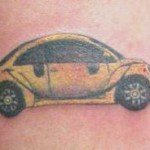 |
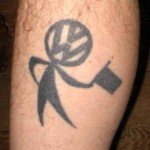 |
 |
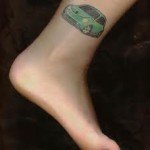 |
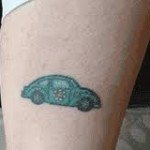 |
 |
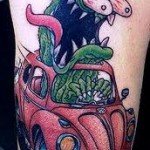 |
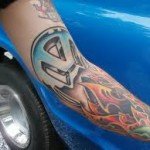 |
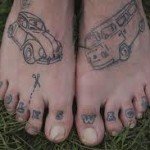 |
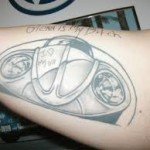 |
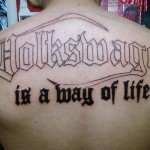 |
 |
 |
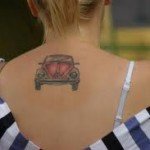 |
 |
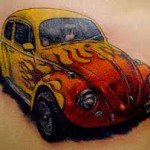 |
 |
Videos Created By VW Beetle Brand Lover
Presentations About VW Beetle As a Brand
|
Archetypal Branding: Cult Branding 2.0 View more presentations from Cult Branding
|
View more presentations from Cult Branding
|
|
2010 Volkswagen Beetle Virginia Beach View more presentations from Checkered Flag VW
|
View more presentations from Cult Branding
|
Article related to VW Beetle
Buggin’ Out: A collection of VW Owners Gather to Share Their Love
VW Beetle Related Web Sites
http://twitter.com/#!/VWbeetles
http://www.theclassicbeetle.com/
Facebook VW Beetle Fan Page
https://www.facebook.com/group.php?gid=60380013950
Browse Cult Brands | ||||
 | 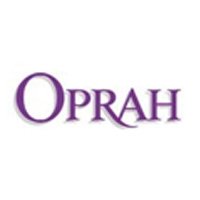 | 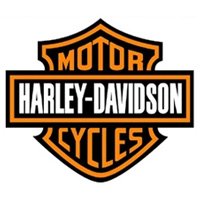 | 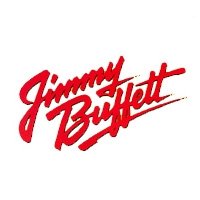 | 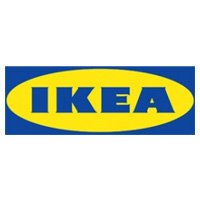 |
 |  |  | 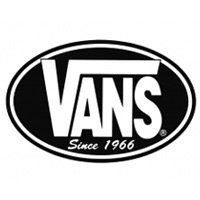 |  |
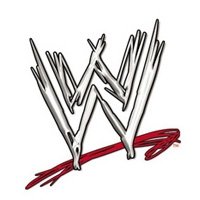 | 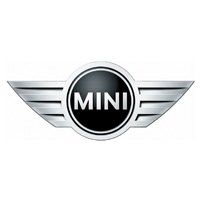 | 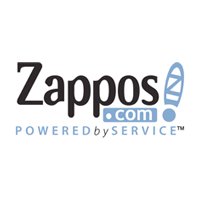 | ||


